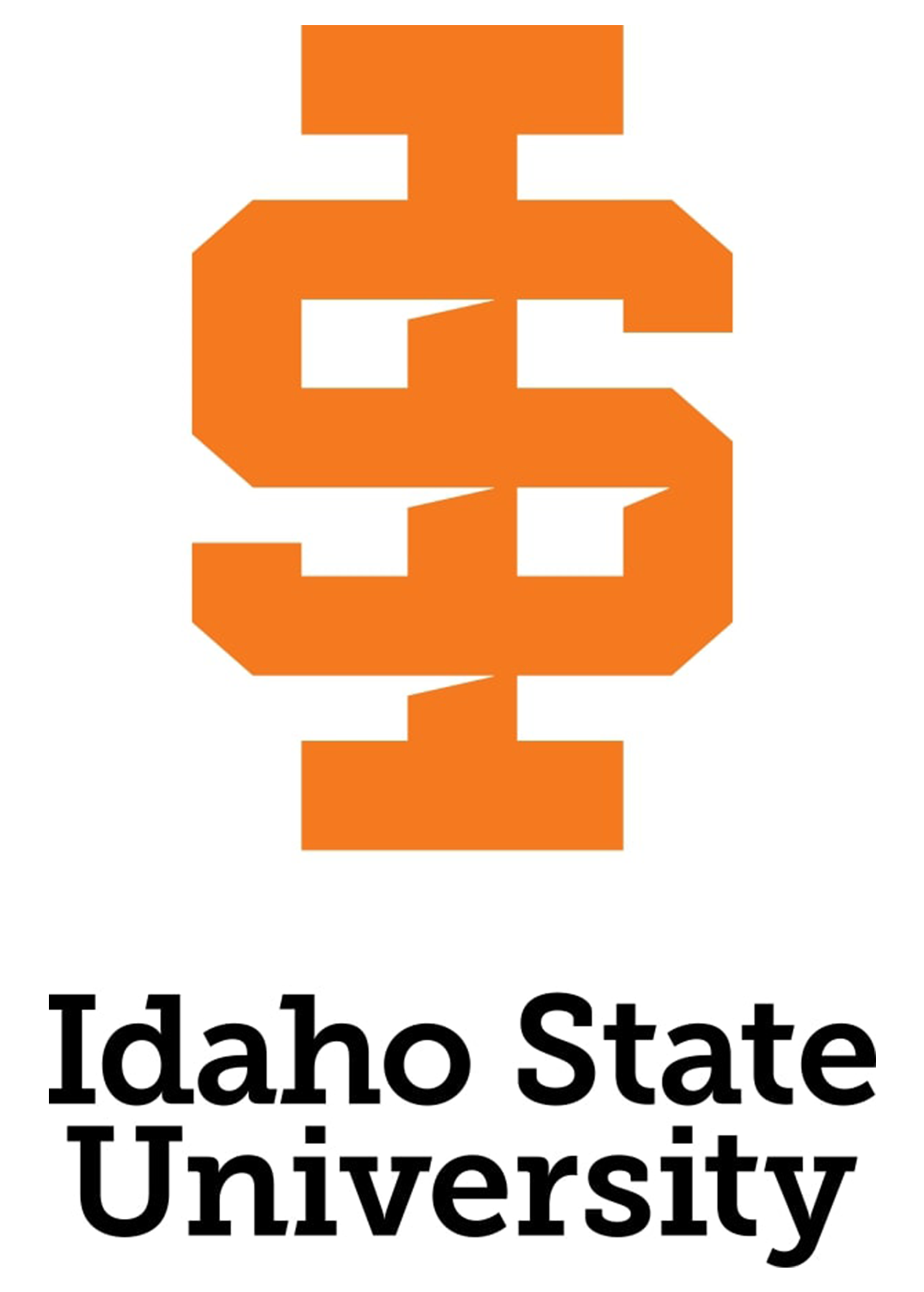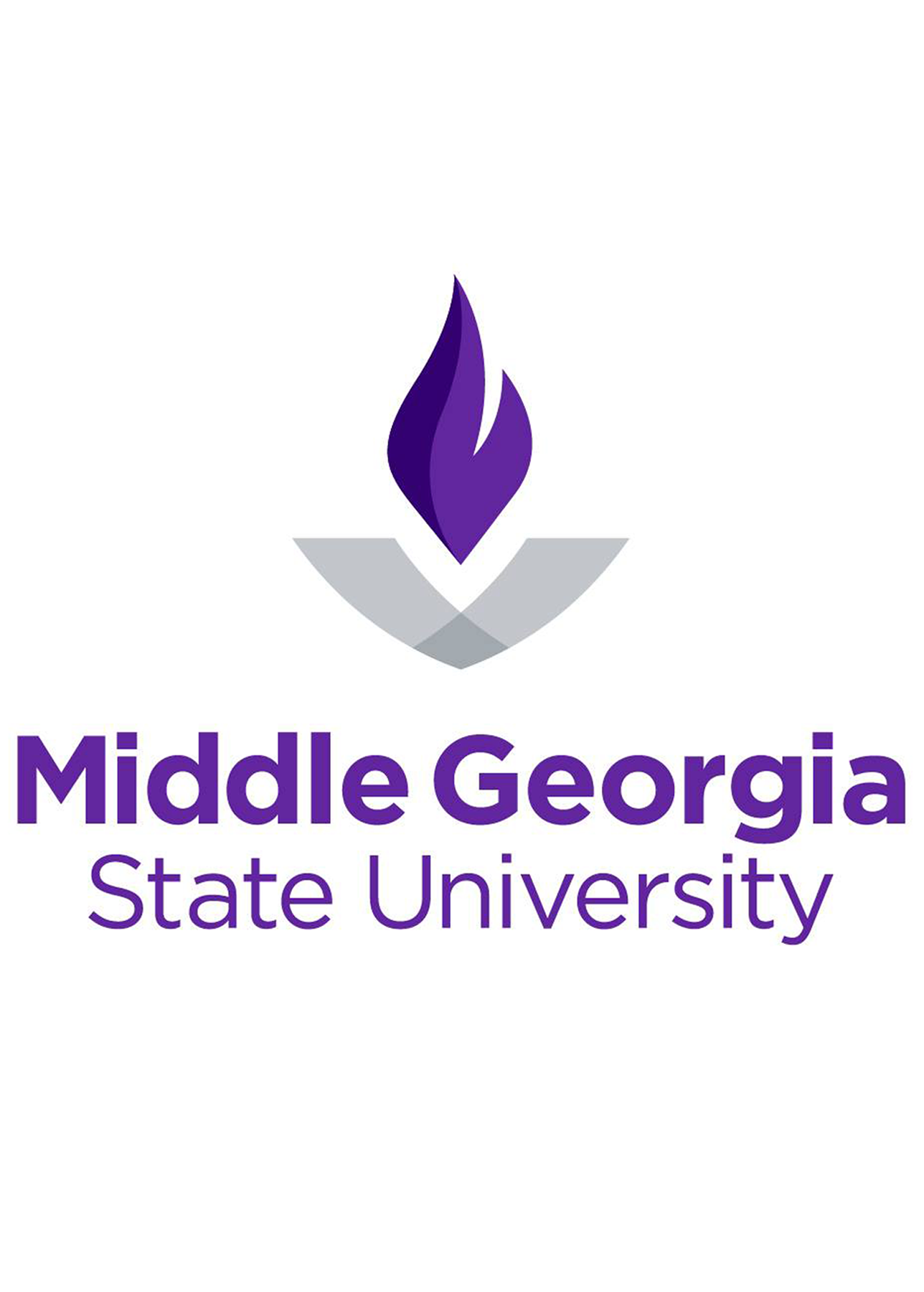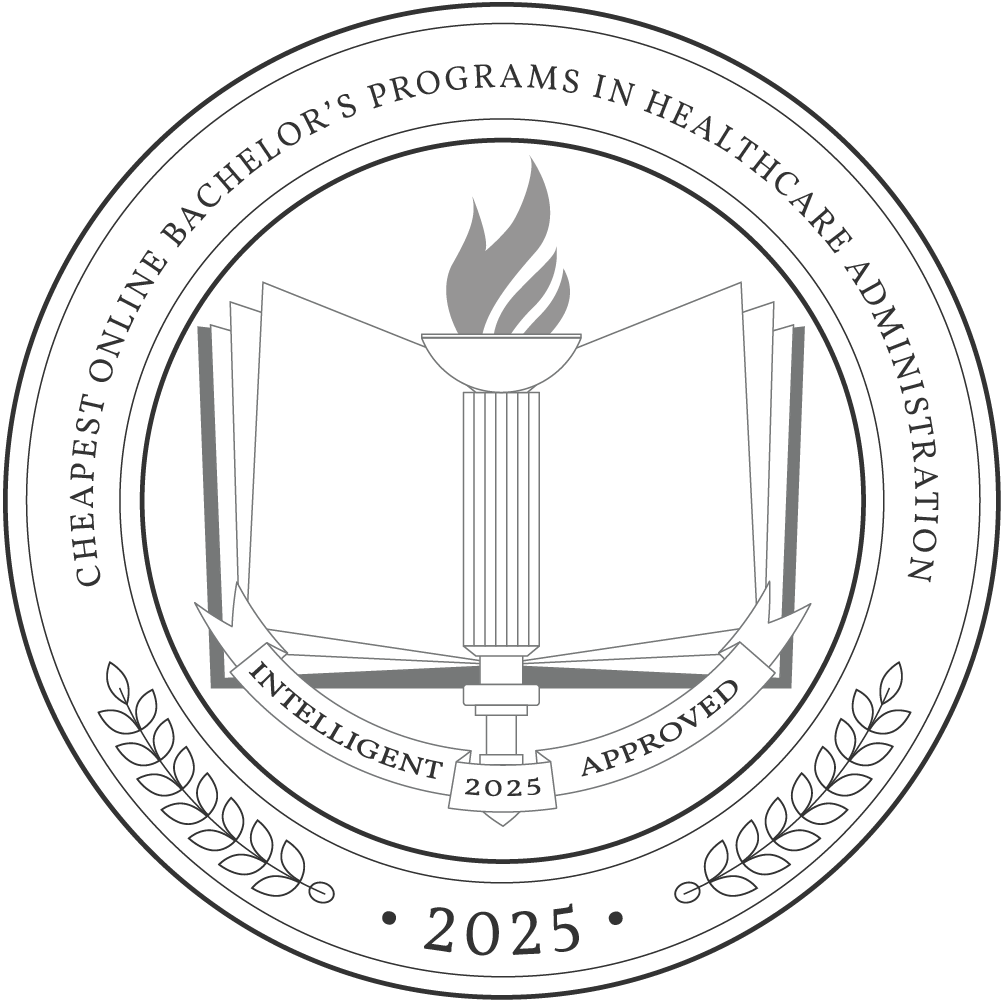Obtaining a bachelor’s degree in healthcare administration can be expensive, but it doesn’t have to be. With the growing popularity of online education, there are now more affordable options available than ever before. Many online bachelor’s degree programs are inexpensive and offer the same quality education as traditional on-campus programs.
This article will explore some of the cheapest online bachelor’s degrees in healthcare administration available today. We’ll provide a breakdown of the costs associated with these programs, including tuition, distance education fees, and other expenses related to learning online.
Additionally, we’ll share some practical tips on how to make these programs more affordable, including scholarships, grants, work-study programs, and employer tuition reimbursement programs. By taking advantage of these opportunities, you can effectively reduce the cost of your degree program. So whether you’re just starting your college journey or are looking to advance your career, we’ve got you covered with our guide to the cheapest online bachelor’s degrees in healthcare administration.
Why Trust Us
The Intelligent.com Higher Education Team is dedicated to providing students with independent, equitable school and program rankings and well-researched resources. Our expert-driven articles cover topics related to online colleges and programs, paying for school, and career outlooks. We use data from the U.S. Department of Education’s College Scorecard, the National Center for Education Statistics, and other reputable educational and professional organizations. Our academic advisory team reviews content and verifies accuracy throughout the year for the most current information. Partnerships do not influence rankings or editorial decisions.
- Analyzed over 2,000 national, accredited, and nonprofit colleges and universities
- 800+ rankings pages are reviewed and updated yearly
- Content is informed by reputable sources, surveys, and interviews with academic advisors and other experts
- Over 100 data points are reviewed for accuracy and quality throughout the year, including sources
How we rank schools
Our list features the Cheapest Online Bachelor’s degree programs at top colleges nationwide. Each school featured is a nonprofit, accredited institution — either public or private — with a high standard of academic quality for post-secondary institutions.
We evaluated each school’s program on tuition costs, admission, retention and graduation rates, faculty, reputation, and the student resources provided for online students. We collected data from trusted sources like the National Center for Education Statistics, individual school and program websites, school admissions counselors, and other data sources. Then, we calculated the Intelligent Score on a scale of 0 to 100 based on the following criterion:
Academic Quality:
- Admission rate versus enrollment rate
- Retention rate of students who return after year one
- Accreditation status (regional and programmatic)
- Nonprofit status, both private and public institutions
Graduation Rate
- Overall graduation rate
- Total number of currently enrolled students, including diversity metrics
- Student-to-faculty ratio
Cost and ROI
- In-state and out-of-state per-credit tuition rates and fees
- Required credits to graduate
- Earning potential after graduation
- Availability of federal student loans, scholarships, and other financial aid options
Student Resources
- Available student services for online-only and hybrid programs
- On-campus amenities like tutoring centers and the number of libraries
Read more about our ranking methodology.
Best 44 Cheapest Online Bachelor’s In Healthcare Administration Programs
FiltersInstitution Type
Status
- Intelligent Score
- Alphabetically By University Name
- Acceptance Rate
- Enrollment
- In-state Graduate Tuition
- Out-of-state Graduate Tuition
- In-state Undergraduate Tuition
- Out-of-state Undergraduate Tuition

Southeast Missouri State University
Intelligent Score: 98.81In-state: $6,779
Out-of-state: $12,951
In-state: $5,373
Out-of-state: $5,373
SAT: N/A
ACT: N/A
$285
Online
Association to Advance Collegiate Schools of Business
120

Florida International University
Intelligent Score: 98.02In-state: $4,721
Out-of-state: $16,529
In-state: $8,912
Out-of-state: $8,912
SAT: 1110-1260
ACT: 23-29
Resident: $236
Non-Resident: $649
Online
Southern Association of Colleges and Schools Commission on Colleges
120.0

State College of Florida, Manatee - Sarasota
Intelligent Score: 97.86In-state: $35,068
Out-of-state: $35,202
In-state: NA
Out-of-state: NA
SAT: N/A
ACT: 17-19
$112
Online
Southern Association of Colleges and Schools Commission on Colleges
120

University of Louisiana at Lafayette
Intelligent Score: 97.81In-state: $5,407
Out-of-state: $19,135
In-state: $5,511
Out-of-state: $5,511
SAT: 1000-1210
ACT: 20-26
$380
Online
Southern Association of Colleges and Schools Commission on Colleges
120

University of Central Florida
Intelligent Score: 97.11In-state: $4,478
Out-of-state: $19,810
In-state: $6,916
Out-of-state: $6,916
SAT: 1160-1340
ACT: 25-30
Resident: $179
Non-Resident: $716
Online
Commission on Accreditation of Healthcare Management Education
120.0

Montana State University Billings
Intelligent Score: 96.76In-state: $18,206
Out-of-state: $32,847
In-state: $24,250
Out-of-state: $24,250
SAT: 940-1160
ACT: 17-23
$53
Online
Northwest Commission on Colleges and Universities
120

Weber State University
Intelligent Score: 96.37In-state: $5,090
Out-of-state: $15,272
In-state: $7,935
Out-of-state: $7,935
SAT: N/A
ACT: N/A
Resident: $506
Non-Resident: $1,495
Online
Northwest Commission on Colleges and Universities
120

University of North Florida
Intelligent Score: 96.15In-state: $3,996
Out-of-state: $16,799
In-state: $8,570
Out-of-state: $8,570
SAT: 1040-1230
ACT: 20-27
Resident: $175
Non-Resident: $655
Online
Commission on Accreditation of Healthcare Management Education
120.0

Jackson State University
Intelligent Score: 94.52In-state: $8,270
Out-of-state: $8,270
In-state: $8,270
Out-of-state: $8,270
SAT: 890-1050
ACT: 17-20
$377
Online
Southern Association of Colleges and Schools Commission on Colleges
122

Idaho State University
Intelligent Score: 93.47In-state: $5,928
Out-of-state: $22,550
In-state: $7,982
Out-of-state: $7,982
SAT: N/A
ACT: N/A
Resident: $254
Non-Resident: $1,050
Online
Northwest Commission on Colleges and Universities
120

Middle Georgia State University
Intelligent Score: 93.43In-state: $2,728
Out-of-state: $10,075
In-state: $3,582
Out-of-state: $3,582
SAT: N/A
ACT: N/A
$150
Online
Southern Association of Colleges and Schools Commission on Colleges
120

Radford University
Intelligent Score: 93.35In-state: $7,922
Out-of-state: $19,557
In-state: $8,915
Out-of-state: $8,915
SAT: N/A
ACT: N/A
Resident: $354
Non-Resident: $881
Online
Southern Association of Colleges and Schools Commission on Colleges
120.0

CUNY New York City College of Technology
Intelligent Score: 93.2In-state: $6,930
Out-of-state: $14,880
In-state: $11,090
Out-of-state: $11,090
SAT: 1170-1340
ACT: 25-31
$305
Online
Middle States Commission on Higher Educatio
120

University of Toledo
Intelligent Score: 92.2In-state: $8,736
Out-of-state: $18,096
In-state: $14,398
Out-of-state: $14,398
SAT: 985-1210
ACT: 20-26
$428
Online, On-campus, Hybrid
Higher Learning Commission
120

Portland State University
Intelligent Score: 91.84In-state: $7,907
Out-of-state: $25,536
In-state: $14,652
Out-of-state: $14,652
SAT: 1000-1190
ACT: 17-24
Resident: $217
Non-Resident: $646
Online
Northwest Commission on Colleges and Universities
180.0

Liberty University
Intelligent Score: 91.18In-state: $14,791
Out-of-state: $14,791
In-state: $7,935
Out-of-state: $7,935
SAT: 1040-1250
ACT: 21-29
$390
Online
Southern Association of Colleges and Schools Commission on Colleges
120

Sam Houston State University
Intelligent Score: 90.14In-state: $5,856
Out-of-state: $15,672
In-state: $5,765
Out-of-state: $5,765
SAT: 970-1120
ACT: 18-23
$244
Online, On-Campus
Southern Association of Colleges and Schools Commission on Colleges
120

St. Petersburg College
Intelligent Score: 87.67In-state: $19,485
Out-of-state: $26,089
In-state: NA
Out-of-state: NA
SAT: Not Required
ACT: Not Required
Resident: $123
Non-Resident: $426
Online
Southern Association of Colleges and Schools Commission on Colleges
120.0
How Much Do Online Bachelor’s in Healthcare Administration Programs Cost?
An online bachelor’s degree in healthcare administration costs from $30,000 to $60,000. However, many factors can cause this amount to vary, such as the institution offering the program, the geographical location of the institution, and the duration of the program. While these factors can cause some programs to be expensive, there are many affordable options to consider.
Attending a relatively cheap option for an online bachelor’s degree in healthcare administration can result in substantial savings. For example, if the average cost of a program is $45,000 and you can find a program for $30,000, you could save $15,000. This savings can be even greater if you can find a program that offers scholarships, grants, or other types of financial aid.
Tuition
Tuition fees for online bachelor’s degree programs in healthcare administration can vary based on several factors, including whether the institution is public or private and whether the student is an in-state or out-of-state resident.
In general, public universities tend to offer lower tuition rates than private institutions. This is because public institutions are funded by the government, which allows them to offer affordable tuition rates. Private universities, on the other hand, do not receive government funding and must rely on tuition fees and donations to operate – therefore making them more expensive.
Furthermore, in-state residents also receive a lower tuition rate than out-of-state students. This is because they receive partial funding from the state where they are situated. As a result, they can provide lower tuition fees to residents of that state — these students and their families effectively contribute to the financing of public institutions through their state taxes.
Distance education fees
Many schools charge their online students a distance education fee designed to cover the costs of delivering online courses. This fee can vary in amount but is often set on a per-credit basis or as a flat fee per semester.
Developing and delivering high-quality online courses often requires a significant investment in course design and development. This fee may cover hiring instructional designers, purchasing software, and creating multimedia content for online courses.
In addition, delivering online courses requires a robust technology infrastructure, including learning management systems and video conferencing tools. The distance education fee can help cover the cost of maintaining and upgrading this infrastructure.
While this fee can add to the overall cost of tuition, it is often necessary to ensure that online students receive a comparable educational experience to on-campus students.
Other expenses
In addition to tuition and distance education fees, other expenses may impact the overall cost of obtaining your degree. These expenses can vary depending on the program and the specific courses that you take, but here are some common examples:
- Specific software and equipment: Some online courses may require students to purchase specialized software or laptops that can be expensive. These costs can add up over time, especially if the program requires multiple courses with its own required materials.
- Furniture and equipment for setting up a study area: Unlike on-campus courses, online courses require students to have a reliable internet connection, computer, and other equipment to complete coursework. Students who don’t have these items may need to purchase them, which can add to the program’s overall cost.
- Access codes for digital textbooks: Some online courses may require students to purchase access codes for digital textbooks or other course materials. These codes can be costly and may only be valid for a limited time, adding another expense to pursuing your degree.
While these additional expenses can be overwhelming, reviewing the course materials and requirements for each class before enrolling can help ensure that you are aware of any additional costs and can plan accordingly.
Financial aid
Pursuing an online bachelor’s degree in healthcare administration can be a significant investment in your future, but the cost can be a barrier for many students. Fortunately, many financial aid options are available, including scholarships, grants, work-study programs, and employer tuition reimbursement programs, to help you achieve your educational and career goals without breaking the bank.
Scholarships and Grants
Earning your degree can be expensive, and scholarships and grants can help reduce the financial burden. These forms of financial aid do not need to be repaid, and they are available from many sources, including government agencies, private organizations, and universities.
Several scholarships and grants are available for students pursuing a degree in healthcare administration, including the AHIMA Foundation Merit Scholarship. This scholarship funds students pursuing health information management or health informatics degrees and awards up to $5,000 annually for qualifying students.
Qualifying students should also consider applying for the HIMSS Foundation Scholarship. The HIMSS Foundation offers scholarships to undergraduate students pursuing healthcare information and management systems degrees, awarding $1,000 to $7,500 annually.
Work-Study Programs
Work-study programs can be an excellent way to reduce the expense of earning your degree. These programs allow students to work part-time while pursuing their studies, earning wages that can be put toward their tuition or other educational expenses. Universities, government agencies, and private organizations can offer work-study programs.
For example, the Federal Work-Study Program provides part-time jobs for undergraduate students with financial needs, allowing them to earn money to pay for their education. These jobs can be on or off-campus, and the pay rate varies depending on the job and location. In addition, many universities offer campus employment programs that provide part-time jobs to students. These jobs can be in various departments across the university, such as administrative offices or research labs.
Employer Tuition Reimbursement
For students pursuing a degree in healthcare administration, employer tuition reimbursement can be a significant source of financial assistance. Many healthcare organizations offer tuition reimbursement programs to employees pursuing degrees in healthcare-related fields, including healthcare administration. In addition, some employers may partner with universities or colleges that offer online degree programs, making it easier for employees to pursue their education while working full-time. By continuing to work for your employer after graduation, you can gain valuable experience in your field while advancing your education, leading to increased job opportunities and earning potential.
Career Outlook for Healthcare Administrators
Pursuing a bachelor’s degree in healthcare administration is a wise investment of time and money as this field offers one of the best undergraduate majors in terms of average pay and job growth.
Responsibilities and work environment
Healthcare administrators are responsible for managing healthcare organizations and ensuring they provide high-quality patient care. They typically work in hospitals, clinics, nursing homes, and other healthcare facilities. The work of healthcare administrators involves planning, directing, and coordinating various healthcare services to ensure smooth operations and efficient delivery of care.
Their specific responsibilities can vary depending on the type and size of the organization they manage. However, some typical responsibilities include managing budgets, developing and implementing policies and procedures, overseeing staff recruitment and training, and ensuring compliance with healthcare regulations and laws. Healthcare administrators may also work with medical professionals, government agencies, insurance companies, and other stakeholders to develop and implement healthcare programs and initiatives.
Average pay
Healthcare administration is one of the best undergraduate majors in terms of average pay. As of May 2021, the median annual wage for individuals in this field was $101,340. With experience, this salary can increase significantly over time.
Projected job growth
With the increasing demand for healthcare services due to the aging population and advancements in medical technology, the need for skilled healthcare administrators is expected to continue to grow. As a result, the job outlook for medical and health services managers, including healthcare administrators, is projected to grow by 28% from 2021 to 2031, much faster than the average for all populations.
Our Research
This list features some of the cheapest online Bachelor’s in Healthcare Administration programs in the country. Each school featured is a nonprofit, accredited institution, either public or private, with a high standard of academic quality for post-secondary institutions.
We evaluated each school’s program on tuition costs, admission, retention and graduation rates, faculty, and reputation. Then, we calculated the Intelligent Score on a scale of 0 to 100. Read more about our ranking methodology.
Next, we compared this comprehensive list of the cheapest online Bachelor’s in Healthcare Administration programs to a list of aggregated college rankings from reputable publications, such as U.S. News & World Report, to simplify a student’s college search. We pored through these rankings so students don’t have to.

